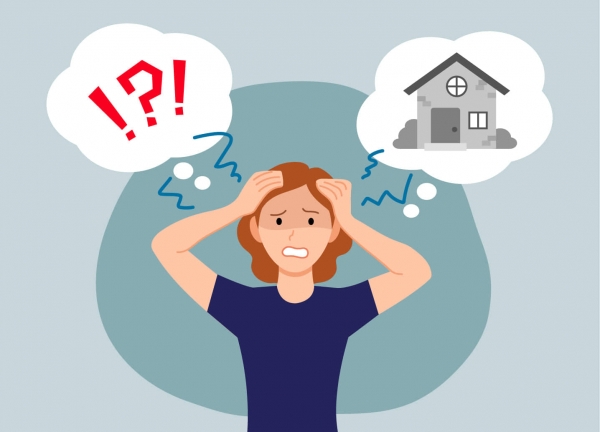
Over the winter break, many international students returned to their home countries after several months or even years of living in South Korea due to the pandemic. Despite their initial excitement about going back home, some students unexpectedly experienced mild symptoms of reverse culture shock.
Reverse culture shock, or reentry shock, refers to a feeling of disorientation when one returns to her home country and finds it difficult to readjust. Individuals who experience reverse culture shock exhibit wide-ranging symptoms including depression, insecurity, uncertainty, and alienation.
Similar to how newcomers experience culture shock when they move to another country, those returning to their home after a long stay abroad often undergo reverse culture shock due to discrepancies between expectation and reality. Most tend to overlook the symptoms since they disregard the necessity of readjusting to home after having become accustomed to their new environment. From mild discomfort to serious reverse homesickness, the severity of reverse culture shock varies.
Kim Jansen, a junior in the Division of International Studies from the Netherlands, has lived in South Korea for two and a half years. Due to COVID-19, she was unable to visit her home country for over two years. Returning home, she was thrilled to catch up with her friends and family, speak comfortably in Dutch, and eat warm home-cooked meals.
At the same time, Jansen found herself taking time readjusting to life at home. It started with minor discomforts that were easy to overcome. Missing eating kimchi, she walked all the way to an Asian store to buy kimchi. Bowing, which was ironically one of the many cultural norms that she had trouble with when she first came to South Korea, had become a habit she was unaware of.
Although Jansen stayed in the Netherlands for just a month, she admitted experiencing reverse homesickness and gloominess. Staying home, she noticed how her Korean life had been put on hold while others had continued with their lives.
“I felt like I was missing out when I could see my friends in South Korea have the best time of their lives through social media,” she said. “At one point, I felt a little down, asking myself why I studied hard to learn Korean when I was living in a place where I was not going to be able to use it.”
The pandemic also significantly changed the way she viewed her country. Recently, the government of the Netherlands implemented COVID-19 regulations including lockdowns, which many have opposed to. Watching mass protests bleed into riots in major cities, Jansen shared her disappointment and frustration towards the big divide in the people’s positions on the government’s intervention policies. She even witnessed her very own family members disagreeing over issues with vaccines and QR code tracking systems. The dissent was particularly alarming since she has been living through the entire pandemic in South Korea, where the majority of citizens have been willing to sacrifice a small amount of privacy for the safety of the nation.
While Jansen’s visit home was exciting and refreshing, she admitted the trip also made her feel uncertain about her present and future life.
“I am stuck between two worlds,” Jansen said. “I loved returning home, but I was also longing to go back to South Korea. That goes the other way around. If I decide to settle down in the Netherlands after finishing school, I am afraid that I might be falling into a black hole, especially since I have been building up my entire life in South Korea, creating connections and making myself my own place.”
For exchange students and international students who have stayed in the country for a relatively shorter time, signs of reverse culture shock are less apparent. Maria Palgunov, a rising sophomore in the Division of International Studies from Estonia, has lived in Korea for over one and a half years. This winter break was her first time returning to Estonia after moving to South Korea.
Palgunov explained that there were a couple of cultural differences that she was more accustomed to in South Korea than Estonia. For instance, she expressed her irritation towards the lack of consideration people have for others in public spaces when she got back home. While she became used to standing on the right side in escalators for others to walk by easily in South Korea, it was difficult to adjust to crowded escalators. However, Palgunov noted that the impact of cultural differences in South Korea is still significantly greater than the effect of potential reverse culture shock.
“I did not have much difficulty adapting to life back in Estonia,” Palgunov said. “I was more shocked with cultural differences in South Korea such as the pressure to build a future starting from a young age and bad reputation towards feminism.”
Depending on the time spent abroad and the amount of cultural diversity experienced, the impact of both culture shock and reverse culture shock can vary drastically from person to person. Some, like Jansen, may find their reintegration more challenging than those like Palgunov, who more easily readjusted to their home culture.
Nevertheless, it is important to be aware of the potential effects of reverse culture shock. For those thinking of returning home after a stay abroad, it is important to learn to quickly recognize the symptoms of reverse culture shock, keep in contact with those who have similar experiences, and ease levels of stress by identifying coping mechanisms.

